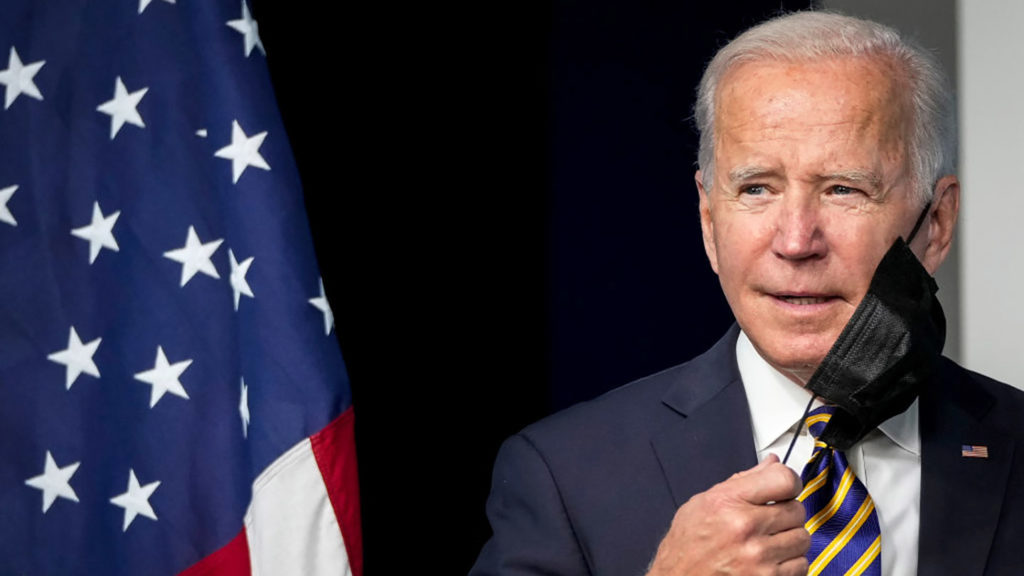
The COVID-19 national and public health emergency declarations will end on May 11, President Biden announced Monday afternoon in a statement to Congress. That’s one month after the current PHE expires.
The action moves the federal coronavirus response to treating the virus as an endemic threat that can be managed through agencies’ normal authorities, according to the Associated Press.
The announcement follows resolutions House Republicans introduced this week to immediately end the COVID-19 PHE.
It also follows a declaration from the World Health Organization on Monday that the coronavirus pandemic remains a global health emergency. But the agency also acknowledged the crisis likely was at an “inflection point” where higher levels of immunity soon may lead to lower virus-related deaths.
The WHO decision followed a meeting by the organization’s International Health Regulations Emergency Committee on Friday, when Director General Tedros Adhanom Ghebreyesus accepted a recommendation to extend the emergency declaration. The emergency committee called on the WHO to take steps to prepare for the end of the emergency designation and said it would reconsider that status in three months.
When the public health emergency due to COVID-19 was renewed again earlier this month, many experts believed it would be the last time and would expire in mid-April. The previous extension had been set to expire Jan. 11, and the government previously promised to give a 60-day notice of when it planned to end the PHE.
During a LeadingAge membership call earlier this month, Department of Health and Human Services Secretary Xavier Becerra stated that COVID-19 is still around, and the stakes remain high. He encouraged long-term care providers to continue to partner with the federal government to increase the rate of updated COVID-19 vaccinations, particularly among residents.
Becerra said that 70% of new daily COVID-19 hospital admissions were older adults, with people 65 and older accounting for the greatest share of COVID-19 deaths compared with any other time during the pandemic.
In November, Leading Age and the American Health Care Association / National Center for Assisted Living issued an “all hands on deck” rallying cry to increase booster shot rates in long-term care settings, especially nursing homes. The push was in response to a White House announcement regarding a campaign to urge Americans, particularly older adults, to get their updated COVID-19 vaccine.
The renewal of the COVID-19 PHE earlier this month came as a new omicron variant was taking hold across the country, and only 38% of older adults had received a bivalent booster at that point, according to the CDC.
Since it began Jan. 31, 2020, the COVID-19 PHE has been extended 12 times in 90-day increments. Along with the Jan. 11 extension, previous Health and Human Services Secretary Alex Azar renewed it three times in 2020 — on April 21, July 23 and Oct. 2 — as well as on Jan. 7, 2021. HHS Secretary Xavier Becerra previously renewed the PHE three times in 2021 — on April 15, Jly 19 and Oct. 15 — and four times in 2022 — on Jan. 14, April 12, July 15 and Oct. 13.
In November, AHCA/NCAL President and CEO Mark Parkinson asked that the PHE be extended past Jan. 11 in part to allow long-term and post-acute care providers to “continue to offer the most efficient and effective care possible.”
Given that vaccination and treatment have reduced hospitalizations and deaths overall, some experts thought that the Jan. 11 extension would be the last. An HHS spokesperson, however, at the time stated that the decision would be made based on the best available data and science.




